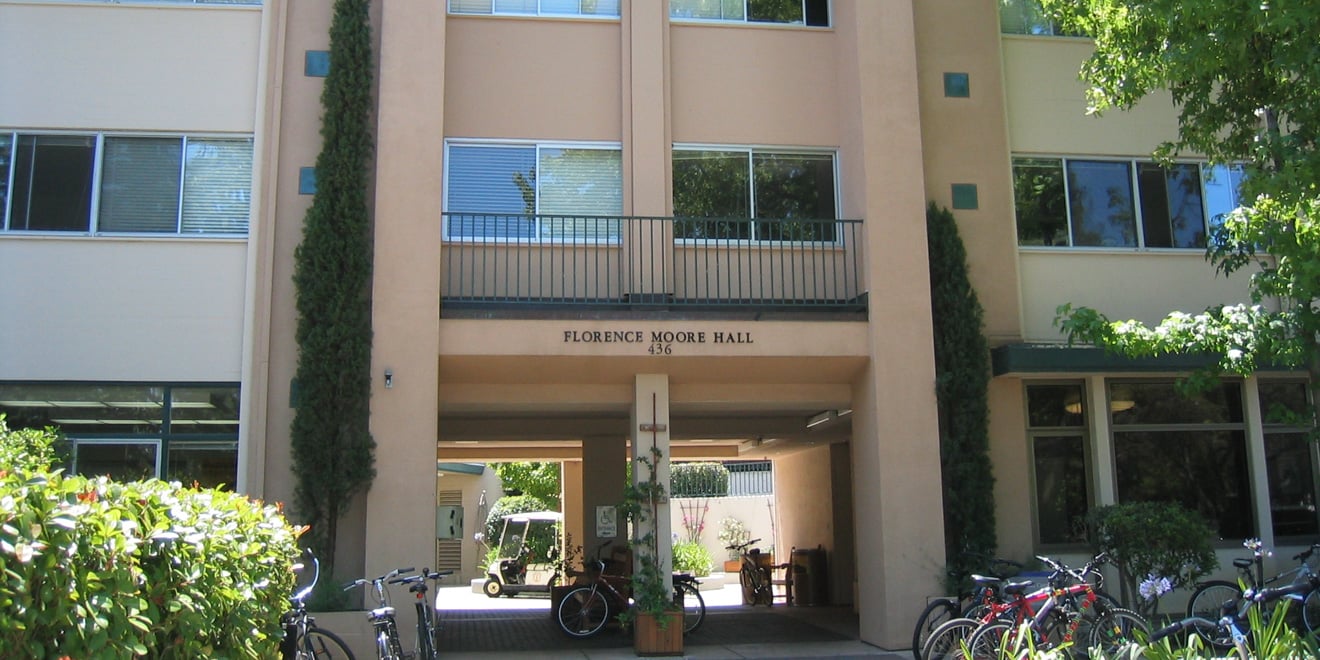Iranian scholar Abdolkarim Soroush suggested that less than 6 million Jews died in the Holocaust at a guest lecture for Structured Liberal Education (SLE) on Jan. 29. The remark has come under fire amid students’ mixed recollections of the speaker’s words.
SLE is a residential academic program focused on philosophy, literature, art and film.
At the lecture, which focused on the 13th-century Persian poet Rumi, Soroush discussed what SLE director Joshua Landy described in an email to The Daily as the “theological problem of suffering: why a benevolent God permits bad things to happen.”
After explaining that Rumi used the ocean as a metaphor for God, Soroush cited the sinking of the Titanic as an example of tragic death, according to lecture attendees. Soroush went on to mention the Holocaust as another example, at which point he said that “supposedly” millions of Jews died in the Holocaust.
“Many in attendance — including members of the teaching team — were troubled,” Landy wrote. “The teaching team also reported being perplexed and confused, since Dr. Soroush raised the Holocaust as an example of a real and horrifying event, but the word ‘supposedly’ seemed to undercut this.”
Soroush has not responded to The Daily’s request for comment. Landy wrote in an email to The Daily that Soroush had said he had no recollection of using the word “supposedly.” Still, Landy wrote, “there was general consensus” among those at the event the word was used.
Landy said he reached out to Soroush to ask for clarification.
“He wrote back immediately to assure me that the Holocaust is ‘a solid historical fact’; he said that the situation must have been a misunderstanding,” Landy wrote to The Daily. “He said he did not recall using the word ‘supposedly,’ but that if he did, ‘it must have been a serious misuse of the word.’”
After the lecture, a group of 12 students stayed behind to ask questions. No SLE faculty were present at the time. Lecture attendee Yaron Sternberg ’22 asked Soroush to clarify what he meant by “supposedly.”
“I said, you used the word ‘supposedly,’ what did you mean by [that]?” Sternberg told The Daily. “He said, ‘Let’s say 100 thousand, maybe one million.’”
Citing these comments in an article in The Stanford Review, Sternberg charged Soroush with Holocaust denial and anti-Semitism.
Other SLE residents, however, have challenged Sternberg’s interpretation of Soroush’s comments. No other students have confirmed the specific numbers Soroush used.
“There’s definitely enough ambiguity that it is not productive to either characterize him as anti-Semitic or not,” said lecture attendee John Kohler ’22 in reference to people’s differing accounts of the incident.
“Did he really mean what he said or was it a byproduct of his broken English?” said lecture attendee Mustafa Khan ’22 in reference to Soroush’s use of the word “supposedly.” Khan was also present during Soroush and Sternberg’s post-lecture exchange.
Sternberg, meanwhile, wrote in his Review article that Soroush was “clearly fluent in English.”
However, Khan said he thinks Soroush’s comments comparing the sinking of the Titanic to the Holocaust reflect “at the very, very least, an anti-Semitic environment that has nurtured certain views.”
Jacob Eisenach ’22, another attendee of Soroush’s lecture, said Sternberg’s Review piece “seriously mischaracterized the situation.”
Sternberg said he asserted to Soroush that 6 million Jews died during the Holocaust, but Soroush responded by saying, “‘I’ve heard the number. I don’t know about the number.’”
“I heard about five different stories [about Soroush’s remarks] from five different people that were not possible to reconcile,” said lecture attendee SLE student George Hosono ’22, in reference to the small group discussion.
Other students said it was difficult to form a clear picture of Soroush’s views.
“The title [of Sternberg’s Review article] is ‘In Denial of the Truth,’ and we really don’t know the truth,” Eisenach said.
The day following the lecture, SLE instructors devoted discussion sections to debriefing the lecture. Students’ responses to the manner in which instructors handled the incident were mixed.
Students like Khan praised the discussions that transpired during section, while others like Ekalan Hou ‘22, raised concerns that the incident was dealt with too hastily.
“I do think this issue was dismissed rather quickly,” said lecture attendee Ekalan Hou ’22. “I think a more serious apology is needed and I’m glad he won’t be lecturing in the future.”
This article has been updated to reflect that Kohler’s comment refers to ambiguity in students’ recollections of Soroush’s lecture.
Jodie Bhattacharya contributed to this report.
Contact Sohan Vichare at svichare ‘at’ stanford.edu.
